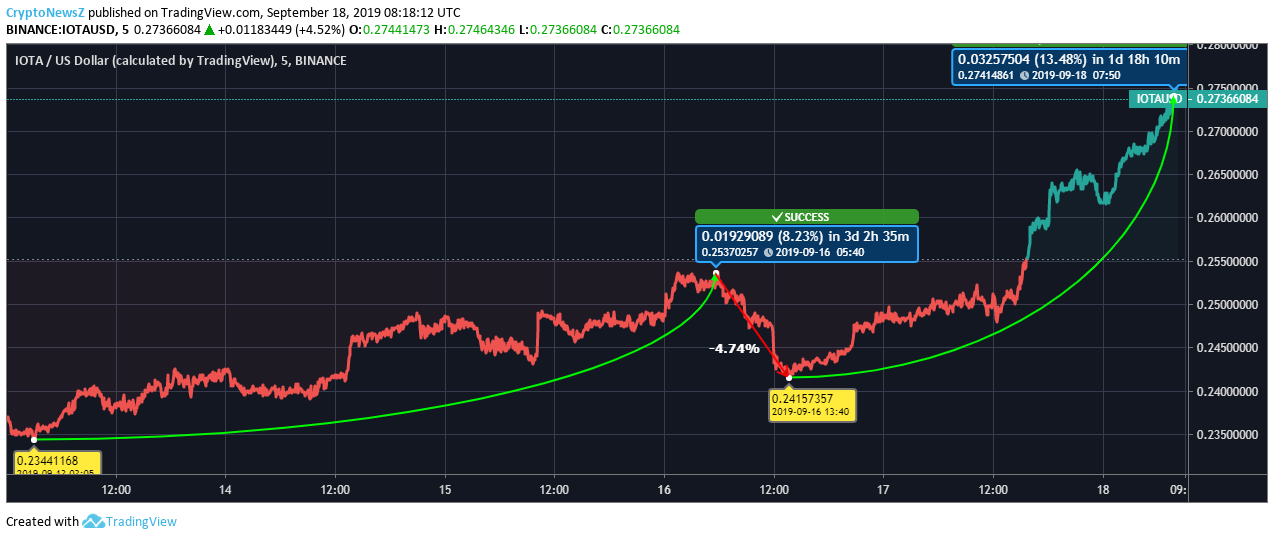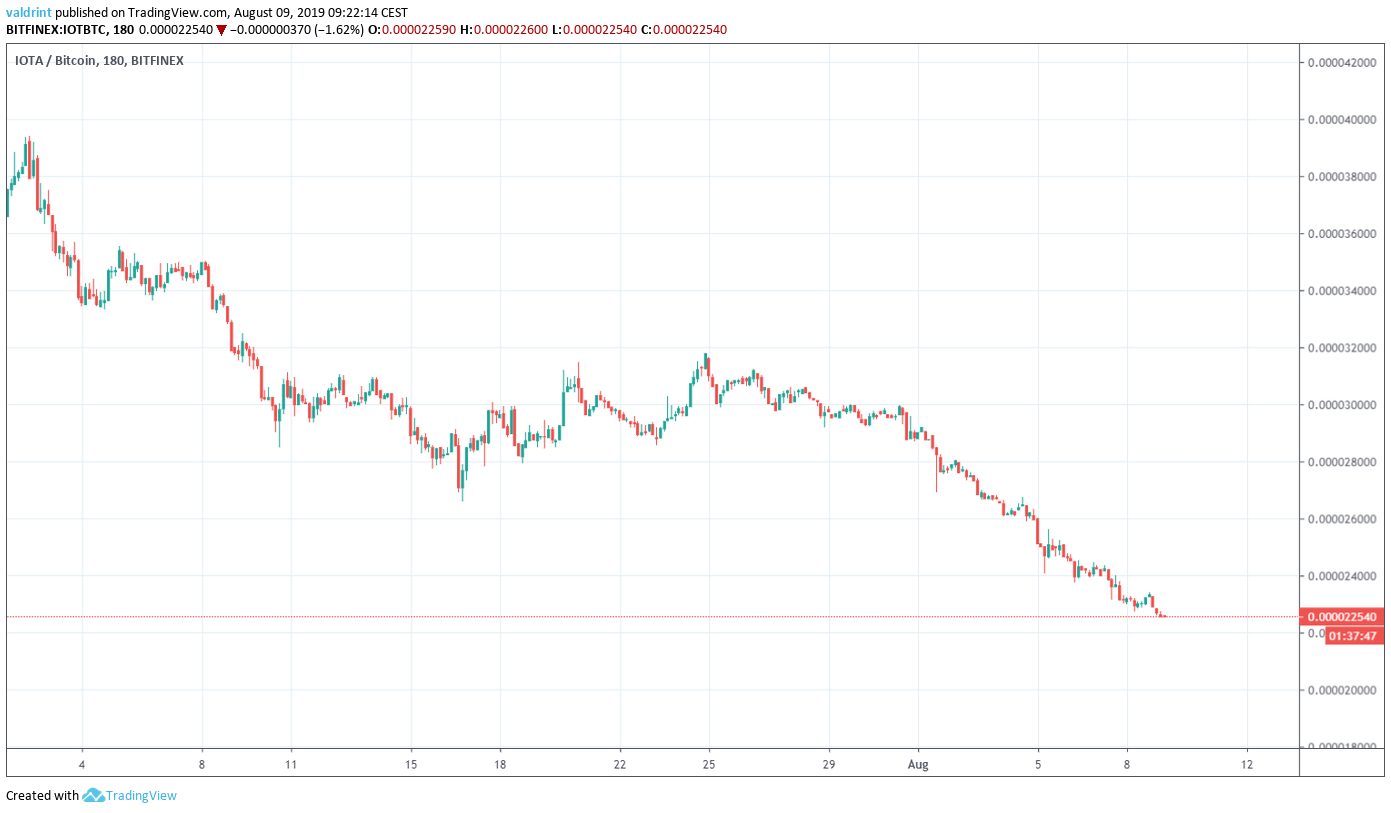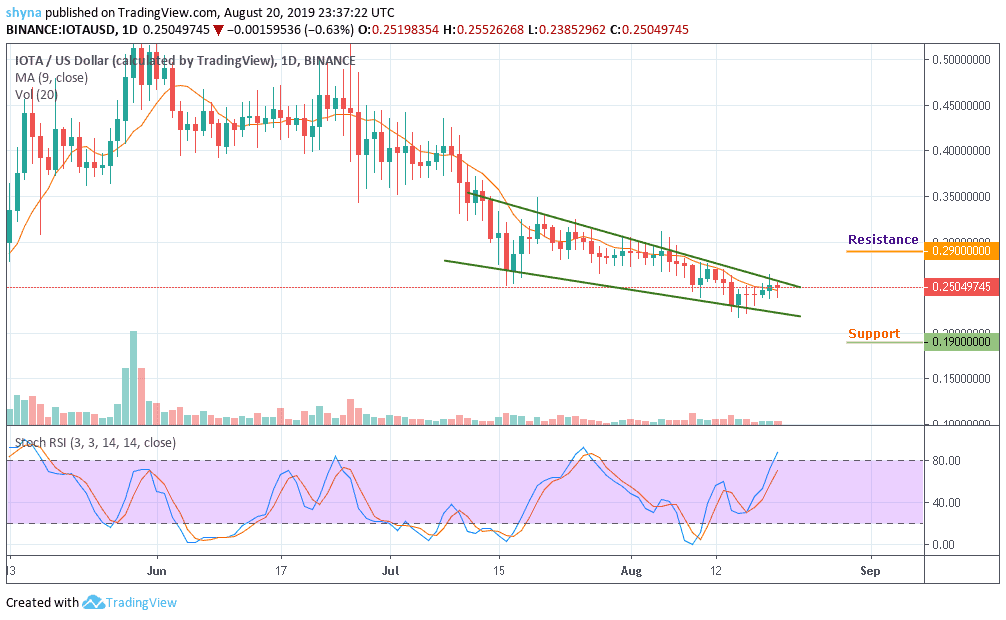

#Iota value all time password#
In January 2018, more than US$10 million worth of IOTA tokens were stolen from users that used a malicious online seed-creator, a password that protects their ownership of IOTA tokens. AttacksĪs a speculative blockchain and cryptocurrency-related technology, IOTA has been the target of phishing, scamming, and hacking attempts, which have resulted in the thefts of user tokens and extended periods of downtime.

The Center for Blockchain Technologies at the University College London severed ties with the IOTA Foundation due to legal threats against security researchers involved in the report. FT Alphaville reported legal posturing by an IOTA Founder against a security researcher for his involvement in the DCI report, as well as instances of aggressive language levelled against a Forbes contributor and other unnamed journalists covering the DCI report. The IOTA Foundation received considerable backlash in their handling of the incident. from MIT's Digital Currency Initiative (DCI) reported on potential security flaws with IOTA's former Curl-P-27 hash function.

On 8 September 2017, researchers Ethan Heilman from Boston University and Neha Nerula et al. On 10 December 2020 the IOTA Foundation Board of Directors and supervisory board announced that the Foundation officially parted ways with David Sønstebø. The IOTA Foundation is a board member of International Association for Trusted Blockchain Applications (INATBA), and founding member of the Trusted IoT Alliance and Mobility Open Blockchain Initiative (MOBI), to promote blockchain and distributed ledgers in regulatory approaches, the IoT ecosystem and mobility.įollowing a dispute between IOTA founders David Sønstebø and Sergey Ivancheglo, Ivancheglo resigned from the board of directors on 23 June 2019. In 2018, the IOTA Foundation was chartered as a Stiftung in Berlin, with the goal to assist in the research and development, education and standardisation of IOTA technology. In 2017, early IOTA token investors donated 5% of the total token supply for continued development and to endow what became later became the IOTA Foundation. Approximately 1300 BTC were raised, corresponding to approximately US$500,000 at that time, and the total token supply was distributed pro-rata over the initial investors. Initial development was funded by an online public crowdsale, with the participants buying the IOTA value token with other digital currencies. The value transfer protocol IOTA, named after the smallest letter of the Greek alphabet, was created in 2015 by David Sønstebø, Dominik Schiener, Sergey Ivancheglo, and Serguei Popov.
#Iota value all time update#
A testnet for a follow-up update called Coordicide, or IOTA 2.0, was deployed in late 2020, with the aim of releasing a distributed network that no longer relies on the coordinator for consensus in 2021. In this update, controversial decisions such as ternary encoding and quantum proof cryptography were left behind and replaced with established standards. As a result, IOTA was rewritten from the ground up for a network update called Chrysalis, or IOTA 1.5, which launched on 28 April 2021. IOTA has been criticized due to its unusual design, of which it is unclear whether it will work in practice. As the coordinator is a single point of failure, the network is currently centralized.

The network currently achieves consensus through a coordinator node, operated by the IOTA Foundation. Transactions can therefore be issued without fees, facilitating microtransactions. IOTA does not use miners to validate transactions, instead, nodes that issue a new transaction on the network must approve two previous transactions. It uses a directed acyclic graph to store transactions on its ledger, motivated by a potentially higher scalability over blockchain based distributed ledgers. IOTA is an open-source distributed ledger and cryptocurrency designed for the Internet of things (IoT). Archived from the original (PDF) on 14 August 2020. Open-source distributed ledger and cryptocurrency


 0 kommentar(er)
0 kommentar(er)
